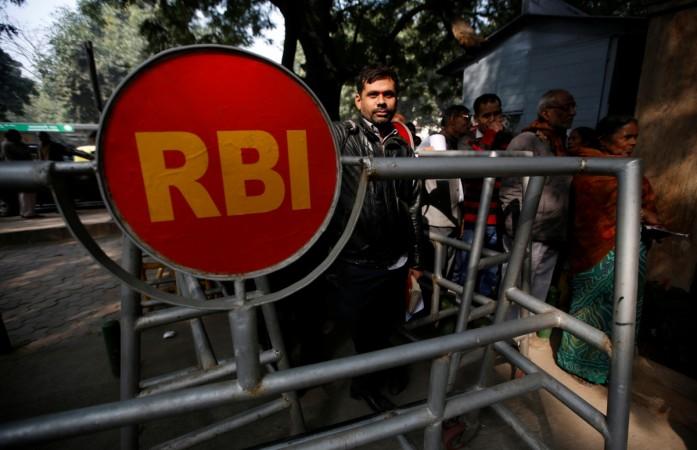
Central banks around the world are shifting towards a tighter monetary stance and the Reserve Bank of India (RBI) is trying to emulate the same without interrupting the party.
The RBI has signaled that an interest rate increase may come as early as June as the policymakers are optimistic that Asia's third-largest economy will rebound this year.
Deputy governor Viral Acharya had said that he would "decisively" vote for a beginning of "withdrawal of accommodation" in the next monetary policy meeting in June, adding that it was also important to see some data on growth.
The RBI this month kept its policy repo rate unchanged at 6 percent for the fourth straight meeting and retained its "neutral" stance.
But will the withdrawal of monetary accommodation come at the cost of growth?
Theoretically speaking - an increase in interest rates in an economy will discourage consumers and firms from borrowing money whilst also encouraging consumers and firm to save more money in the bank.
This should mean that overall economic activity will decrease causing less money to spend on goods and less investment in projects from firms.
Going by the numbers, India's economy grew 7.2 percent in the quarter ended December 31, surpassing expectations. The country is now the world's fastest-growing large economy, with the International Monetary Fund forecasting growth of 7.4 percent in 2018 and 7.8 percent in 2019.
Meanwhile, China is expected to grow respectively at 6.6 percent and 6.4 percent in the two years.
According to Akash Prakash, chief executive and managing director of Amansa Capital, the RBI will hike interest rates at least once in this financial year "but that won't derail the economy, or the recovery or the earnings growth coming back."
Now, let's take a closer look at our neighbor China, which recently raised its key interest rate.
China raised a key short-term interest rate last month following the US Federal Reserve Bank's move to raise rates by 25 basis points. One basis point is one-hundredth of a percentage point.
The world's second-largest economy still reported faster-than-expected growth for the first quarter.
However, Beijing is worried that the Chinese economy showed signs of cooling in March and could lose further steam in coming months given the growing concerns about a possible trade war with the United States.
Market experts believe the People's Bank of China may revert to looser monetary conditions in coming quarters if economic activity cools more than expected.













